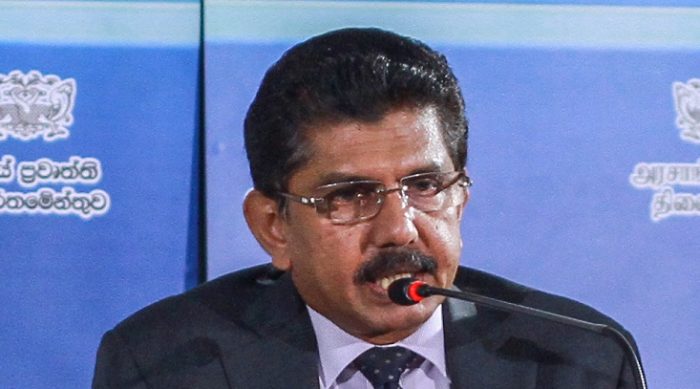19 if health guidelines ignored: Dr. Jasingha

Sri Lanka must strictly adhere to health guidelines issued by the World Health Organization and the Health Ministry, if it wants to prevent a second wave of the COVID-19 as a small segment of society has begun disregarding the seriousness of the virus, Director General of Health Services, Dr. Anil Jasingha told Daily Mirror yesterday.
Dr. Jasingha said that a second wave of the coronavirus can hit any country at any time and while Sri Lanka had successfully crushed a public spread of the virus early, it was necessary to adhere to the guidelines as a majority of the citizens were not immune to it.
"People must maintain this level of care although right now there is no public transmission of the virus. When the virus hit Italy, a majority of their citizens were infected and many are now immune to it. In Sri Lanka we crushed the spread early so we have to ensure it does not come back," Dr. Jasinghha said.
He further said that people should now be well groomed with these health guidelines of maintaining social distancing and hand hygiene, as these would stay in place for a considerable period of time. Further he said these measures would be of utmost importance when the airport opens up for foreign travelers on August 1.
"When we open up our airports we will have to be on alert. While we have our measures in place, the behavior of the public will be important as no measure is 100 percent safe. We cannot let the virus settle in and spread. This is the only way to prevent a second wave," he said.
Presently, the virus is contained within the quarantine centers and the naval camp.
As coronavirus cases top 8 million globally and new cases surge across the world, including the Chinese capital of Beijing, international public health experts have argued in recent weeks that countries have opened up too soon by resuming businesses and social activities, even with limited capacity as the full extent of short- and long-term effects of the COVID-19 are still unknown, including how long you may be immune after you recover and if it's possible to become reinfected.
